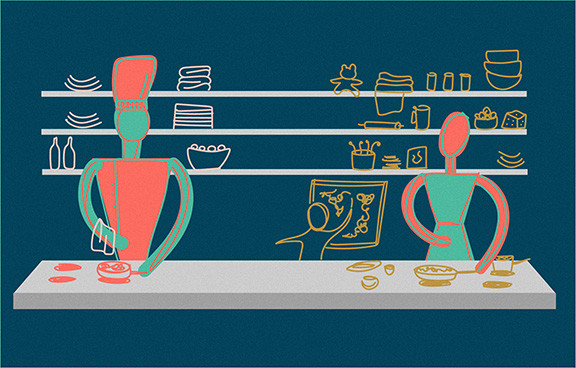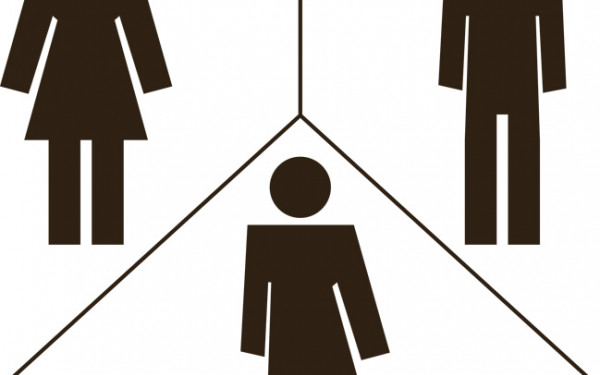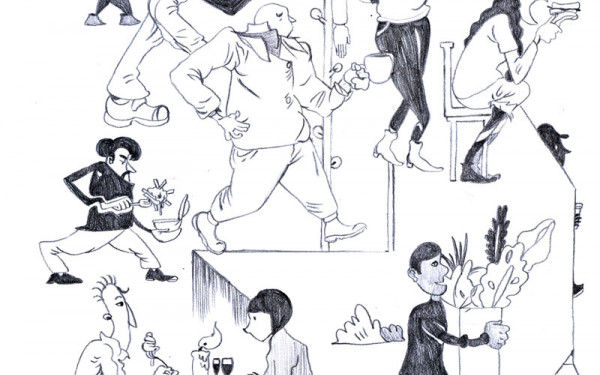Make me a sandwich
A story about gender and food
The pandemic saw a disproportionate number of women leave the workforce, leaving us decades behind and illustrating the gender dynamics still under the surface. Women, as we all know, are still charged with many common domestic tasks, such as laundry, childcare, and cooking.
While women have long been the keepers of cultural, culinary secrets, big-name chefs and personalities seem to be men. For a time, men made up a large portion of food writers as well, allowing them to narrate food culture and put women in a supporting role, despite women literally being the hand that feeds.
It would not shock me to hear of a male Michelin-star chef coming home, after a day of being a hotshot, to complain that his wife didn’t cook his favourite meal.
What I’m here to argue is that we place worth on what men do over what women do in most spheres of life, food included.
When prominent publications axe lifestyle sections, it’s usually women affected. When we celebrate visionaries and culture catalysts in the food realm, how often are those people men? When they are women, how differently do we speak of them, write about them, or platform them?
If men have dominated the culinary scene for so long, it amazes me that more men do not cook at home. I think the leading reason is applause. Invisible tasks that serve a family are not met with accolades, but doing it for money and praise would be more enticing for men.
This highlights a gap between motives of labour, where emotional labour and labours of love are attributed to women, and paid and praised labour are attributed to men.
This is a disadvantage to women, to all the work that goes unseen but keeps society running, which men will co-opt for profit. It also negatively impacts men by saying there is something inherently useless or emasculating about doing invisible labour or doing things out of love for their family.
This same cultural mentality directs men to more well-paid technical fields over fields that involve helping others, whereas women are still overrepresented and underpaid in service fields.
The idea of which deserves higher pay is also inherently based on overvaluing masculine roles, whereas society might be far less liveable or functional without the roles we undervalue and attribute to women. We have seen during this pandemic what types of essential services, normally underpaid, invisible, and perhaps women-dominated, help society run.
It also creates a situation where LGBTQ+ folks are forced to adapt to a gendered career choice or seek employment in fields that are safer for them. They also face employment discrimination at a potentially higher rate and this could be exacerbated by a male-dominated career that is considered more “masculine.”
Careers in food are no different, where professional kitchens and food celebrities are often men, and the domestic cooking sphere is held as a separate style, aimed at women.
If we could imagine a world without gendered value, we could all eat better, live better, and maybe decide our careers based on passion and not identity or economic status. We could benefit from placing more value and funding in less male-dominated spheres, as we see how important they are to society.
We all love food, so why not love everyone that loves to make it with the same energy?
This article originally appeared in The Food Issue, published November 3, 2020.







_600_375_90_s_c1.jpg)